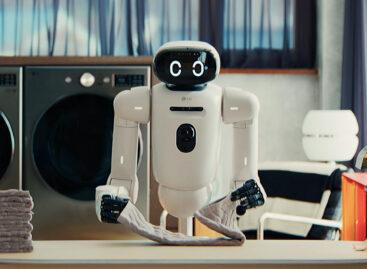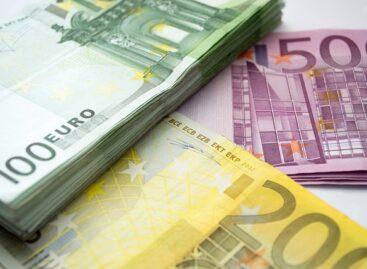The downward trend of drinking water consumption in Hungary has been broken
In recent years, the downward trend in residential drinking water consumption has reversed in Hungary, while there is a need to save due to increasingly frequent periods of drought. On the occasion of World Water Day on March 22, LG experts have now collected what we can do at home to reduce our water use.
We use 100 liters of drinking water per person per day
In Hungary, the consumption of drinking water by households decreased rapidly after the change of regime – mainly due to price increases. After nearly 580 million cubic meters measured in 1990, 315.6 million cubic meters in 2014 marked the low point, but since then consumption has started to increase again, in no small part due to increasingly frequent drought years. Currently, the daily water consumption per person is almost 100 liters, which does not seem to be little, but it is still considered one of the lowest values in the EU. At the same time, last year’s extreme drought also pointed out that saving is still necessary. On the one hand, because the supply may be interrupted during a prolonged drought, and on the other hand, because the production of drinking water and its delivery to households involves energy consumption.
Related news
Green transition on the air conditioning market
🎧 Hallgasd a cikket: Lejátszás Szünet Folytatás Leállítás Nyelv: Auto…
Read more >LG Unveils AI-Powered Home Robot at CES 2026
🎧 Hallgasd a cikket: Lejátszás Szünet Folytatás Leállítás Nyelv: Auto…
Read more >LG has published its third-quarter financial report
🎧 Hallgasd a cikket: Lejátszás Szünet Folytatás Leállítás Nyelv: Auto…
Read more >Related news
How Coca-Cola plans to build more billion-dollar brands
🎧 Hallgasd a cikket: Lejátszás Szünet Folytatás Leállítás Nyelv: Auto…
Read more >









